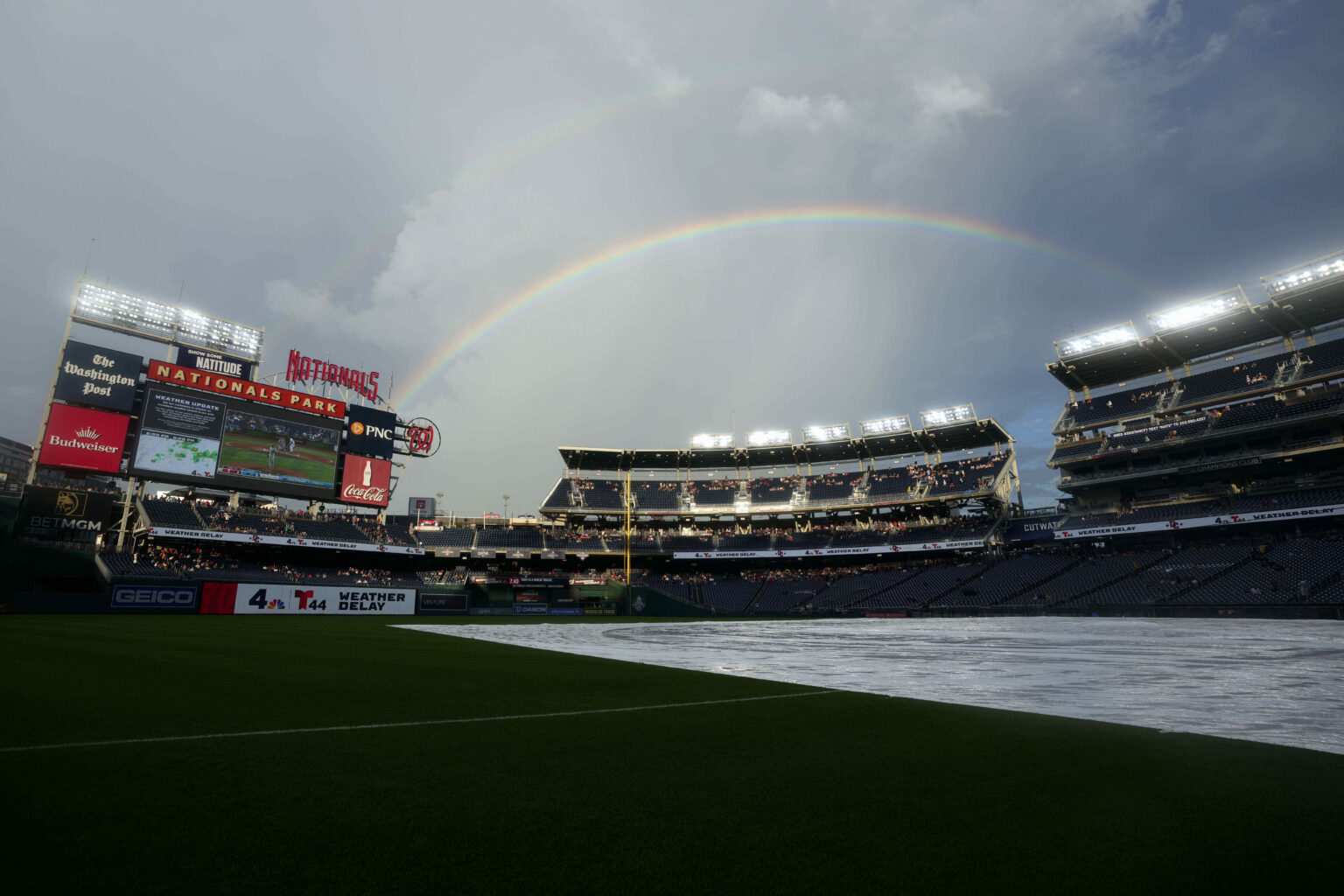Reimagining Leadership and Strategy for the Washington Nationals
When Stan Kasten stepped down as president of the Washington Nationals, he confidently remarked that the franchise was in a robust position, emphasizing the strength of both its baseball operations and business infrastructure. His assurance in September 2010 suggested that the team’s foundation was solid, and since then, little has been done to challenge or reassess that stability.
However, the landscape has shifted dramatically, and the time has come for a strategic overhaul. The recent upheaval-marked by the dismissal of long-standing General Manager Mike Rizzo and the team’s manager, Dave Martinez-signals a pivotal moment for the franchise. This transition should be viewed as an opportunity to redefine the Nationals’ future trajectory.
A Critical Juncture: Embracing Change and Clarity
The departure of Rizzo and Martinez marks the beginning of what could be the most transformative phase since the Nationals clinched their first World Series title in 2019. To capitalize on this moment, ownership must approach it with a forward-looking mindset, focusing on revitalizing the team’s leadership structure and operational strategy.
Central to this effort is the appointment of a dynamic, authoritative team president-an individual who can serve as the public voice of ownership, articulate a clear vision, and steer the franchise through its next chapter. Such a figure would bridge the gap between the baseball side and the business operations, ensuring cohesive decision-making and strategic alignment.
Ownership’s Silent Approach and Its Consequences
Historically, the Lerner family’s leadership style has been characterized by restraint and discretion. Ted Lerner, the patriarch, was known for his quiet demeanor, and his approach has persisted even after his passing over two years ago. Unlike newer owners like Steve Cohen of the New York Mets or Josh Harris of the Washington Commanders-who are eager to communicate their plans-Mark Lerner prefers a more reserved, consensus-driven approach.
While this style fosters stability, it has also led to a significant communication gap. Without a dedicated spokesperson or a clear leadership voice, key questions about the team’s financial health, strategic direction, and player acquisitions have often gone unanswered. This ambiguity can hinder the franchise’s ability to attract top talent and secure fan confidence.
Addressing the Communication and Leadership Void
For years, questions have lingered about the team’s financial strategies-such as whether revenue-sharing arrangements with the Baltimore Orioles via the MASN television deal impact payroll decisions. Additionally, the Nationals’ cautious approach to free agency, often deferring significant multi-year contracts, has raised eyebrows among fans and analysts alike. These issues are not merely operational-they are strategic concerns that require direct engagement from ownership or its designated representatives.
The absence of a visible, authoritative voice has placed undue pressure on Rizzo, who was often left to field questions that should have been directed at ownership. This disconnect has hampered transparency and strategic clarity, ultimately affecting the team’s ability to compete and grow.
The Need for a Dedicated Leadership Role
In times of transition, a dedicated team president or chief operating officer is essential-not only to manage crises but also to oversee daily operations across both baseball and business domains. This role should be filled by a seasoned leader with a proven track record, capable of managing internal departments and representing the franchise publicly.
Current operational challenges exemplify this need. For instance, the Nationals are preparing for the 2026 season, during which they will have the opportunity to market their broadcast rights independently-a significant revenue stream. Who is leading this effort? What are the expectations for fans and broadcasters? Similarly, the team recently introduced a jersey patch sponsorship, enlisting former star Ryan Zimmerman to handle media interactions-highlighting the ongoing need for professional, strategic communication.
Streamlining Leadership and Resources
Presently, Alan Gottlieb, a veteran executive at Lerner Enterprises, serves as COO of Lerner Sports Group. However, his divided responsibilities-balancing real estate commitments with Nationals operations-limit his availability and focus. This situation leaves department heads uncertain about when they will receive the attention and support they need, which hampers operational efficiency.
To rectify this, the Lerners must appoint a full-time, dedicated leader for the baseball operations department-someone with the authority, resources, and confidence to guide the team’s strategic direction. This individual should work closely with the ownership, freeing the baseball side from administrative distractions and enabling the team to focus on competitive excellence.
Historical Context: Building a Foundation for Success
When the Lerner family acquired the Nationals in 2006, Stan Kasten prioritized assembling a competent leadership team. His first major move was hiring Mike Rizzo from the Arizona Diamondbacks, recognizing the franchise’s need for a robust scouting and player development system. Rizzo’s promotion to interim GM in 2009 and subsequent appointment as full-time GM reflected Kasten’s commitment to building a strong foundation.
Fifteen years later, the franchise faces a similar imperative: to fill the leadership void left since Kasten’s departure. The next era of Nationals success depends on identifying and empowering a visionary leader who can navigate the complexities of modern baseball and franchise management.
Looking Ahead: Seizing the Moment
The upcoming years present a unique opportunity for the Nationals to redefine their identity and competitiveness. By embracing strategic leadership, enhancing communication, and investing in resources, the franchise can position itself for sustained success. The key lies in recognizing that this transition is not just about personnel changes but about establishing a clear, unified vision for the future-one that resonates with fans, players, and stakeholders alike.
The time has come to move beyond silence and uncertainty. The Nationals’ next chapter depends on decisive leadership, transparent communication, and a commitment to excellence-principles that will ensure the franchise remains a formidable force in Major League Baseball for years to come.

